June 30, 2017
Last month, Voices for Virginia’s Children published an important blog post about state-wide collaboration and its impact on children who have experienced trauma. They shared three states we can watch for best practices and policy, and we’re re-posting their thoughts today as we continue the discussion about Trauma Informed Care (listen to our recent radio show on the topic) here in Northern Virginia:
Local and regional Trauma Informed Community Networks (TICNs) across Virginia are bringing partners together from local government, schools, and services providers to transform their approaches to working with children who have experienced trauma. Their goal is to work across silos, develop a shared framework, coordinate resources, and innovate new approaches to caring for children and families. Voices is considering how state-level policy approaches could strengthen this work at the local level. To help facilitate this conversation we researched state-level approaches to trauma-informed policy efforts in three other similar states- Wisconsin, Tennessee and South Carolina. While Virginia is strong in partnerships and interventions at the local/regional level, these states are farther along in elevating the issue to the state level and, in turn, using that platform to strengthen local networks.
Here is what we found most interesting about these three state-level approaches:

Wisconsin
Wisconsin has several state-level initiatives working in partnership to develop trauma-informed approaches. It was a top-down initiative, primarily influenced by First Lady Tonette Walker as the champion. However, much has developed beyond the First Lady’s initiative (called “Fostering Futures”): the Department of Children and Families is home to the Wisconsin Trauma Project, the Department of Health Services houses the “Shift Your Perspective” initiative, there is a legislative Children’s Caucus focused on the issue, and the Governor has created a new Office of Children’s Mental Health.
Focus:
Wisconsin’s work has focused in 3 areas:
- Training in Trauma-Focused Cognitive-Behavioral Therapy for a wide variety of practitioners.
- Expanding the “Resource Parent” curriculum for foster parents and birth parents.
- Systems- change efforts focused on transforming practices and policies. For example, in this area, the First Lady’s initiative supported an organizational assessment of trauma-informed practice.
Leadership: The work is coordinated among various departments but there is no one state lead. The closest is the Steering Committee for the First Lady’s initiative made up of high level government officials and stakeholders from outside of government, such as pediatricians and philanthropy.
Funding: The total budget is about $1.6 million which is primarily used to support he training for providers and parents. Localities apply to participate and determine which models they would like to utilize. Some of the initial funding came from federal Promoting Safe and Stable Families funds. The state has also added general funds.
Click HERE to read about Tennessee and South Carolina in the full post on the VAkids.org website.
